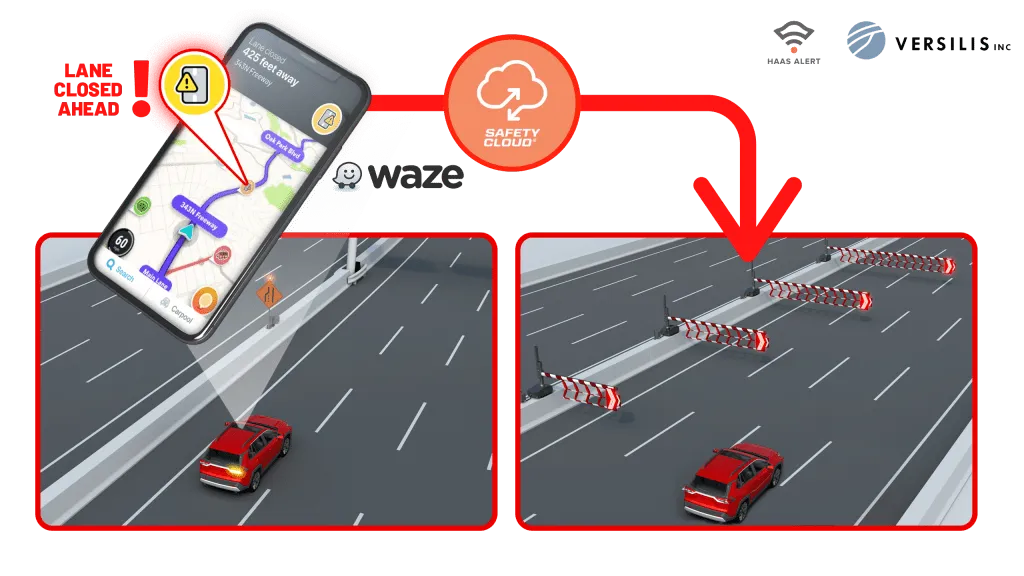The new platform is powered by the Kapsch EcoTrafiX software for which Kapsch served as the lead systems integrator. Kapsch will maintain the new system for NCTCOG for two years and enhance it based on new data and customer feedback.
The fully integrated system allows agencies to share information, optimise operations and balance traffic flow while providing travellers with personalised, real-time traffic and transit information. The Dallas Integrated Corridor Management project initially comprised the US75 corridor and used an information exchange network to provide regional agencies with real-time data about roadway conditions. This was shared with the public via the “511 system”.
Under the leadership of the Council of Governments, the project scope increased to include more than 19 agencies in 12 counties and over 9,500km of regional roads.
The new system provides a platform of integrated applications including a bilingual English-Spanish public website. It also included a phone system, subscription-based XML web services and new performance measures dashboard that analyses road network conditions. As part of the contract, the mobile app, interactive voice response (IVR) and web services were enhanced. Waze data was also introduced to facilitate incident detection capabilities and enhance the richness of traffic data collected in the system. These new features meet the increased demand of regional users, while offering enhanced situational awareness and coordination for all participating agencies.
The integrated platform is powered by the Kapsch EcoTrafiX software which offers regional transportation agencies an integrated, multimodal platform for managing their transportation network and sharing real-time information with both each other and the public.
Kapsch upgrades Dallas-Fort Worth 511 traveller information system
Kapsch reports that it has upgraded the traveller information system and mobile app for the North Central Texas Council of Governments in Dallas-Fort Worth
The new platform is powered by the Kapsch EcoTrafiX software for which Kapsch served as the lead systems integrator. Kapsch will maintain the new system for NCTCOG for two years and enhance it based on new data and customer feedback.
The fully integrated system allows agencies to share information, optimise operations and balance traffic flow while pr
January 7, 2019
Read time: 2 mins








